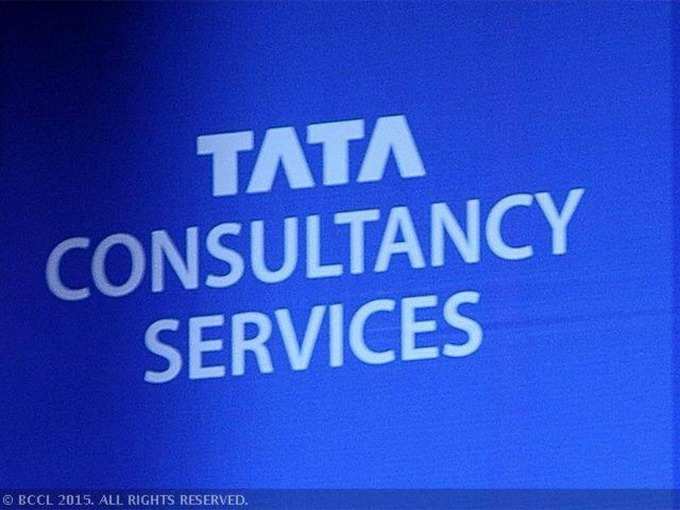
Now, it is used for conducting examinations in the country and how.
"iON has about Rs 1,000 crore ($158 million) in revenue now. It could become a separate unit because it has an entirely different way of working," a TCS executive with knowledge of the platform told Economic Times.
However, the company had targeted to reach $1 billion when it launched iON in 2011.
"Education was a bright spot. Mid-2012, the exam functionality was improved and then that took off," another TCS executive who worked on iON told the financial daily.
Last year, it won a five-year contract to conduct the Common Aptitude Test (CAT), the gateway to the Indian Institutes of Management and over 150 other business schools in the country, beating six other bidders.
The company also facilitates other exams using iON platform like Graduate Aptitude Test in Engineering, the IIT-Joint Entrance Exams, and recruitment exams for Life Insurance Corporation of India.
TCS chief executive N Chandrasekaran, while addressing a gathering at Morgan Stanley Annual India Summit in June, said that their assessment engine was today the platform of choice for all the leading competitive exams in the country, and was used to assess 30 million candidates last year.
ET reported that earlier this year, TCS won a pilot that could overshadow the rest of its contracts.
Meanwhile, iON is only a minuscule of TCS' revenues which stood at about $15.5 billion, or about Rs 97,850 crore, last fiscal.
"No structure is permanent, it has to evolve, but at the same time we should not make changes for the sake of making changes. If the cloud platforms all grow large and gain revenue, there has to be a different structure for the cloud platforms. If a certain area of the business becomes headcount intensive, and others become less intensive then they will need different structures," Chandrasekaran had told ET in an interview in April. iON is also being handled differently inside TCS, he had said.
(Image: Indiatimes)